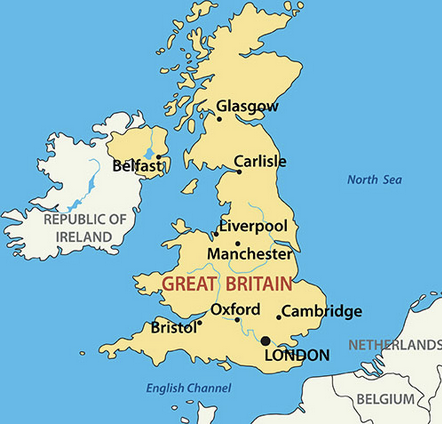As Sherlock Holmes observed, “When you have eliminated the impossible, whatever remains, however improbable, must be the truth.”
The impossible, in this case, has been Brexit. Theresa May, the British prime minister who announced her resignation on Friday, turned the poisoned chalice of Britain’s withdrawal from the European Union every which way in an attempt to make it palatable. She could not.
“Brexit means Brexit,” she famously intoned, without ever finding the courage or conviction to elaborate. This was a problem, given that the matter at hand was one of her country’s gravest peacetime decisions. Obstinacy, rather than some idea for Britain’s future, drove her. Britain had voted, almost three years ago now; she would be the delivery woman.
No matter that evidence of the negative impact of Brexit accumulated daily — slower growth, lower investment, lost banking jobs, factory closures — or that the United Kingdom might break up or that Parliament three times rejected May’s proposed deal or that democracies have been known to change their minds about mistakes: She would persevere, until even she had to concede quitting was in “the best interests of the country.”




